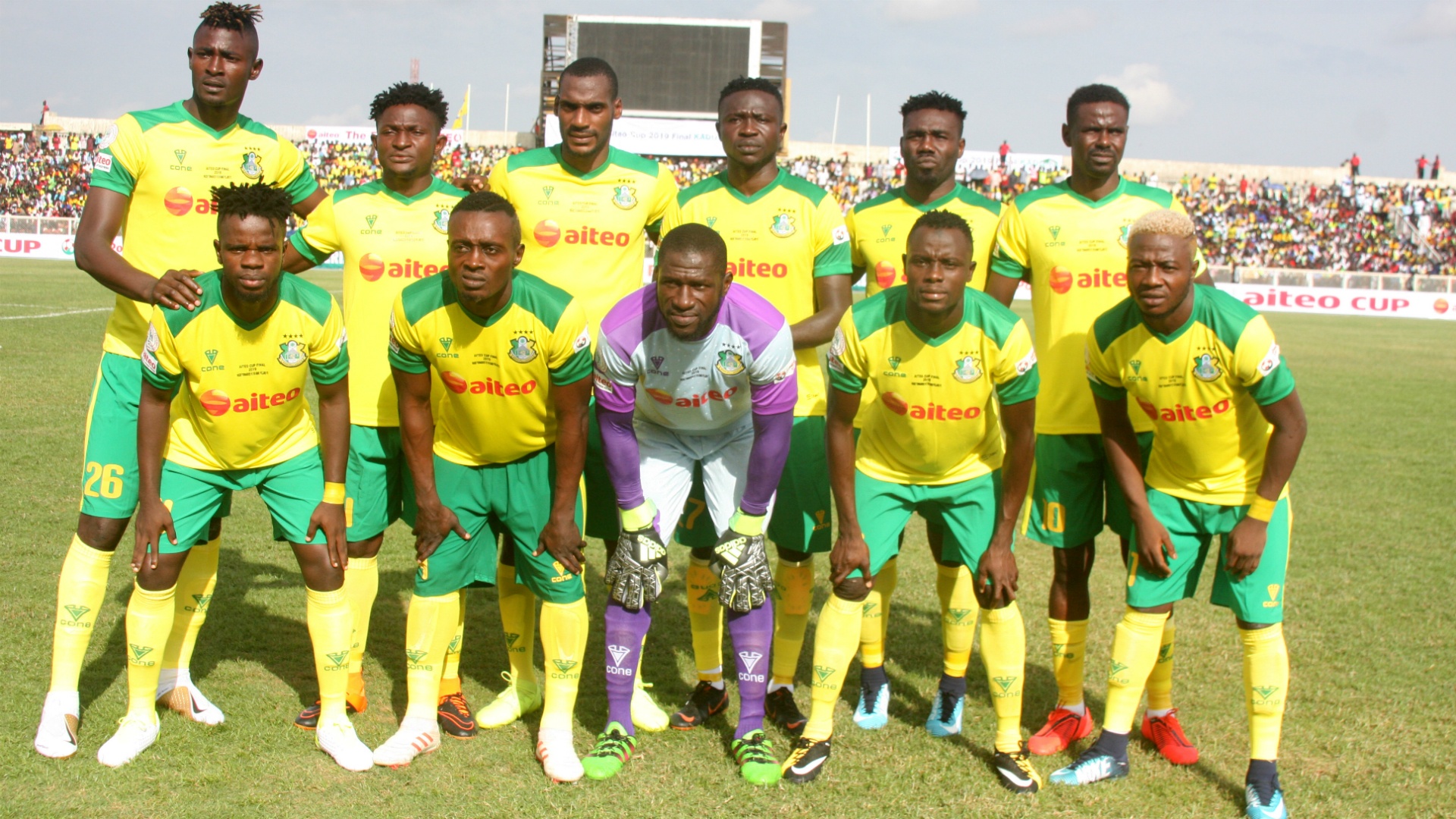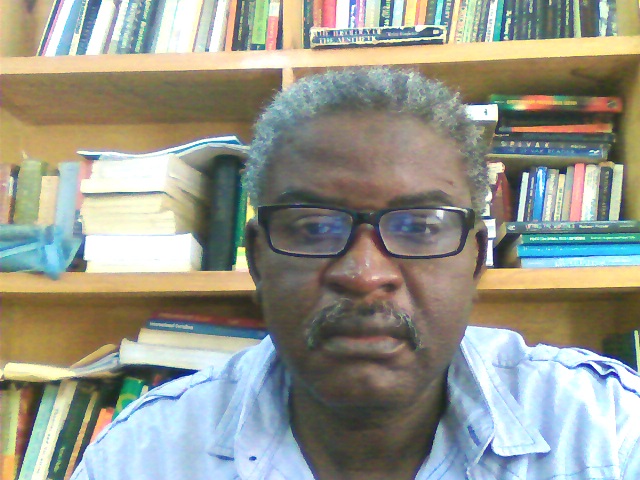Opinion
New Naira note: Thank You, CBN

Dr. Aliyu Umar Tilde
I have been an advocate of a cashless Nigeria—or of minimum cash at least. That would be one of the greatest changes we would witness. Even for us who have seen many since the 1960s, this would truly be transformative.
The 47 days ultimatum is not an inch, but kilometers closer to that target. It is necessary from the administrative, economic and security points of view.
Even without giving the Naira a facelift, I was earlier this year advocating for a maximum cash withdrawal limit of N10,000. That would make all cash-based corrupt practices difficult, stabilize the Naira substantially, stamp out kidnapping, robbery, drugs, and many crimes. Cash is the oxygen of evil in our society. Withhold it and you will enjoy watching many criminals suffocate. The additional benefits of bringing mass numbers into the formal sector are also there.
Two things have been driving kidnapping. The GSM and Cash. Without contact with the relatives of the victim, there would be no kidnapping. And without cash available, the kidnapper is left with the option of not to kidnap at all or with the conundrum of kill-or-release, with no benefit either way. After a short while, it will be a worthless venture and abandoned.

I today run a cashless Ministry of Education and I know how sweet it is for a contractor, principal or labourer to get his FULL pay as he sits at home without suffering the risk and cost of distance. Executives can instantly receive the alerts of any deduction done. How beautiful! It is also sweet when every kobo can be easily be traced to the last beneficiary at any given time.
The CBN is right. The limited cash policy cannot not take off well unless the apex Bank smokes out the cash presently in circulation. So which way is better than face-lifting the currency? All of it will be delivered to the Bank and then it will give us the cap of limited cash to wear and the bullion van drivers can go to sleep.
It could be tasking to many though. But that is the nature of all the changes we have witnessed before. They come with initial difficulty but end with a smooth ride of progress.
The elite often cites rural folks are often cited as would be victims, forgetting whether the masses are happier with the ongoing kidnapping for cash. The Bank is giving them a choice between cash and security of their lives. We the elite are choosing the cash for them. Haba. The shock of 1984 may not be there after all. We have 47 days, not just a week.
Let us wake up. Nigeria today is not the one of 1984. So many things have changed. It used to take me hours to withdraw N100 from my bank at Gusau Rd, Sokoto, in 1984. Today, one can send N10million with a tap of a finger on his mobile phone. It used to take a month to send N100 between Bauchi and Jos twenty years ago. Not anymore.
Let us embrace progress. Let us be positive about it and positive things will come. It is indeed a blessing to witness so much change in a life time. Alhamdulillah.
This piece was first published on his Facebook account.

Opinion
Abdussamad Rabi’u pays tribute to his father Khalifa Isyaku Rabi’u

My Dear Khalifa
It has been seven years, yet it feels like yesterday since you departed. Our memories of you remain vivid, priceless, and are deeply rooted in our hearts. The moments we shared, your teachings and your selfless example continue to shape us daily, to the admiration of many.
Your legacy, especially your deep devotion to Islam and its propagation, still echoes across generations and geographies. Through your life of service, you inspired countless others to embrace kindness, humility, and compassion. You lived not just for yourself but in service to others, and this principle continues to guide our path.
In honour of your memory, we will remain steadfast in our commitment to selfless service. We will continue to support noble causes and charitable undertakings that reflect the values you lived by, regardless of race, gender, or background.

May the Almighty Allah, in His infinite mercy, keep granting you Al Jannah Firdaus. May your soul continue to rest in the eternal peace and light of His divine presence.
Abdul Samad Rabiu, CFR, CON
For the Family
08.05.2025.

Opinion
The need to restore the prestige of Kano Pillars FC

Isyaku Ibrahim
There is no doubt whenever you talk about Enyimba of Aba in Nigeria’s top flight who won the competition nine time, the next team that will come to your mind is Kano Pillars that lifted the trophy on four good occasions. But nowadays,it seems the Kano darling is losing its prestige, recognition and above all popularity in the local league.
This was as a result of lack of total commitment, determination, tenacity, patriotism,diligence and seriousness which the side was known for in the past.

To say the fact, the pyramid City lad was previously rated among the traditional teams in the top flight as they have established and tested players that would not disappoint their teeming fans no matter where they are playing.
It was based on this late Rashidi Yekini while watching the team at Adamasingba Stadium now Lekan Salami Stadium in Ibadan said if he was to play for a local team he would prefer to lace his boot for Kano Pillars ahead of others.
The reason he Said was simply due to excellent free flow football of the team but now it seems that has gone for bad.
When the club was established as early as 1990 among the objectives behind was to boost the name of the state through football and beside that win trophies with a view to competing favourably with others.
While those behind the idea should be commended to a large extent for their foresight in that respect in view of how the team is now a household name in the round leather game countrywide but there is the need for a collaborative effort with a view to normalising things in the ancient city side as the club has now stepped down from its aforementioned aims and objectives.
It is painful that the team’s main priority nowadays was not to lift the league as the case was previously but to survive relegation which was baseless,laughable and nothing to write home about considering their past experience particularly when they were based at Sabongari Stadium.
Definitely,this season is almost over as Remo Stars are as good as being crowned the winners of the event
The best option for Sai Masu Gida is to start early preparation for the upcoming season through putting their house in order aimed at restoring their winning culture as the teeming fans are tired of flimsy excuses on the reason behind their lack lustre performance year in year out.
Honestly, what they are basically hoping for is to see the club matches theory with practice through grabbing the trophy or at least earning one of the three continental tickets in the country.
optimistically this is achievable with the full support of Governor Abba Kabir Yusuf coupled with that of his laborious and submissive Deputy Comrade Aminu Abdulsalam, good management, superb technical crew and the support of ardent fans who are always with the side in either thick or thin.
Ibrahim is a Director Public Enlightenment at Kano State Ministry of Special Duties.

Opinion
In defence of Prof Abdalla Uba Adamu’s beautiful quip on Kano – IBK

Prof. Ibrahim Bello-Kano (IBK)
Double Professor Uba Abdallah Adamu has angered many non-Kano people resident in Kano by his famous, widely circulated quip, an aphoristic description of Kano in which says the anyone tired of (living in) Kano is tired of life. Prof Adamu’s appraisal of Kano is based on a sound premise and a powerful emotional logic. Prof. Adamu’s comment has a powerful pedigree. On the arguments of the highly acclaimed French sociologist and space theorist, Henri Lefebre in “The Production of Space” (1974), it can be shown that Kano, especially the city and the metropolitan area, has three characteristics, typical of the greatest cities in the world since Antiquity:
1. It is a conceived space (an urban area, complete with a series of interlacing and interloping and interlocking urban designs since the 9th century). Kano was already a city and an urban space well before 1903. It’s one of the oldest urban areas in the Sudan.

2. It is a lived space, complete with the everyday experiences of its inhabitants and their emotional identification with it. Hence the many “quarters of the city”— from Alkantara, Alfindiki, Ayagi, to Mubi and Gwangwazo and beyond those.
3. Kano is also a practiced/practised space, with its inhabitants, visitors, and emigré population working to “practice up” the city in their daily lived experiences and within its urban and emotional spaces. That’s the truth of Prof. Abdallah Uba Adamu’s hyperbolic reference to Kano as a barometer of happiness or depression.
Prof Adamu is also correct in that most immigrants to the city never leave it, even if their last name may indicate other towns or cities. Already, Kano is one of the most truly cosmopolitan cities in Nigeria, surpassed only by New York, London, and Abidjan. In 1958, almost a decade before Lefebre’s book, the philosopher of science and urban studies, Gaston Bachelard published “The Poetics of Space” in which he argues that to live, or to choose to live, in a place, say the Kano metropolis, is already to enact an emotional act, and an existential event, in and for which Kano is already a resonant space of intimacy, or an intimate place of lived subjectivity. This is the case because one cannot live in Kano, even for a brief period, without (seeking to) creating a home, a nest, and an intimate space of “Kano beingness” or a Kano-based “being- in-the world”. That’s why Kano evokes and resonates with a strong emotional identification with it. When I was about 8 years old, I was told, on visiting the Dala Hill, that God had planned to create a holy city in Kano, but a dog urinated on the hallowed ground, and that’s how the divine plan was moved elsewhere. Of course, that story is clearly apocryphal, yet it shows how the Kano people are intensely proud of their places and spaces. So, Prof. Abdullah Uba Adamu’s hyperbolic and surreal description of Kano is essentially correct and pleasingly poignant. Many emigré groups are unhappy with his remarks, but if you live in a place, earn a living in it, or draw opportunities of all kinds from it, then you have got to love Kano, the most romantic of cities, a city full of dreams, aspirations, emotional highs and lows, and learn to identify with its fortunes. Kano, the city of gold and piety, recalcitrance and hope, modern politics and ideological contestations; the city of majestic royalty; the city of women and cars, as Shata once described it. Kano… the great Entreport. Kano, your name will endure through the ages. Cheers.
Ibrahim Bello-Kano (IBK) is a Professor of English at Bayero University, Kano.













